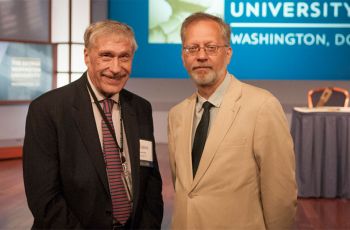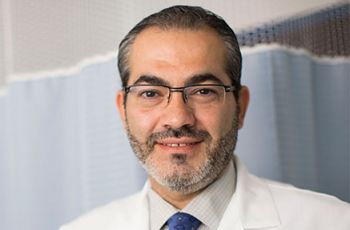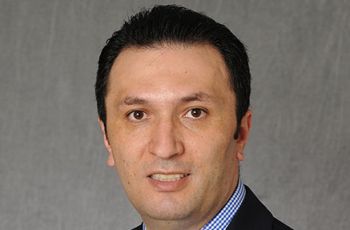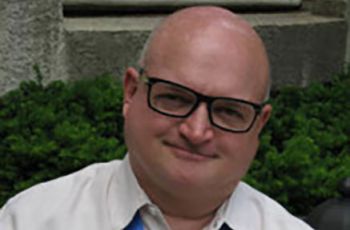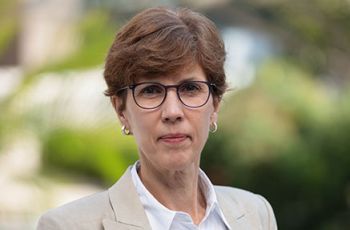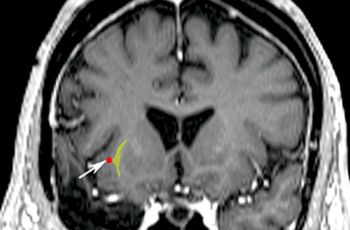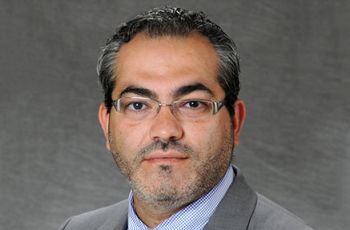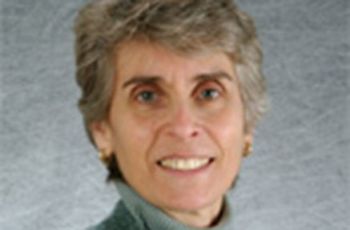Neurology & Rehabilitation Medicine
The George Washington University hosted the International Society for the History of the Neurosciences’ 20th annual meeting in early June
Mohamad Koubeissi, M.D., associate professor of neurology, was interviewed for The Academic Minute about his research on how to turn on/off human consciousness.
Shahram Majidi, M.D., a second-year resident in the Department of Neurology, received at $154K grant from the American Heart Association to study the presence of diffuse brain swelling and injury in patients with intracerebral hemorrhage.
Richard Cytowic, M.D., associate clinical professor of neurology, was interviewed on FOX 5 News on the importance of learning to say "no."
Linda Kusner, Ph.D., assistant research professor in the Department of Pharmacology and Physiology, and Henry Kaminski, M.D., chair of the Department of Neurology, were featured in Medical News Today for their recently published research in PLOS ONE, finding that autoimmune disorders share…
Linda Kusner, Ph.D., assistant research professor in the Department of Pharmacology and Physiology, and Henry Kaminski, M.D., chair of the Department of Neurology, were published in PLOS ONE for their research on autoimmune disorders sharing pathogenic mechanisms with cancer.
Mohamad Koubeissi and team may have discovered the "on-off switch" for consciousness in the human brain.
Mohamad Koubeissi, M.D., director of the Epilepsy Center and associate professor of neurology, is leading a clinical trial employing low-frequency deep brain stimulation to potentially help reduce epileptic seizures in patients with mesial temporal lobe epilepsy.
Richard Cytowic, M.D., associate clinical professor of neurology, wrote an article for Psychology Today on deterrence as a strong motivation for diplomacy, credit cards, and personal choice.
Helene Emsellem, M.D., clinical professor of neurology, was interviewed for The Washington Post on treating patients with jet lag, usually from traveling for work, and a potential new treatment.
